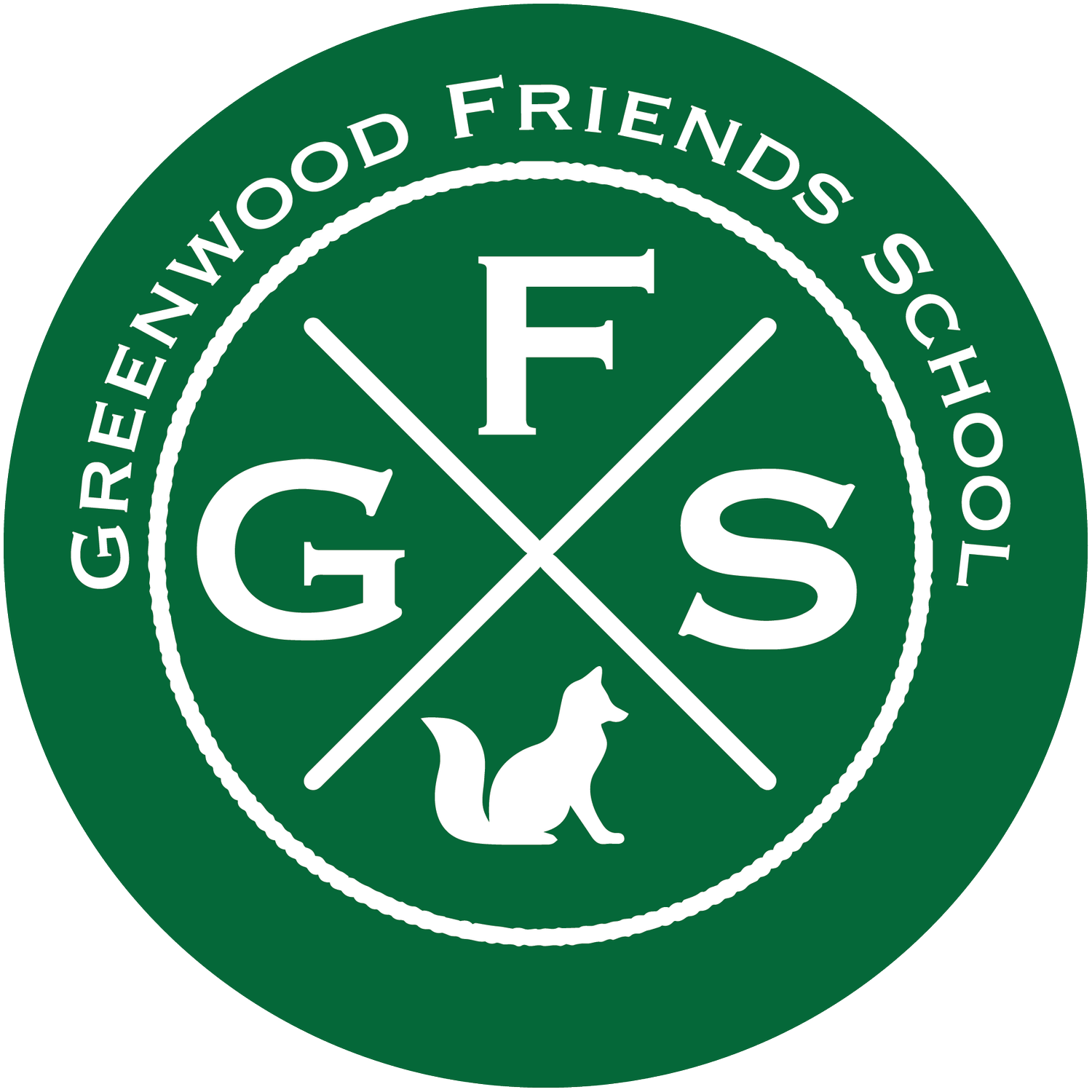
Quaker Education
5 Principles of Quaker Education
“We hope always to support our students in their development as truly honorable people—informed, engaged, and compassionate people, who come to positions on issues of consequence by active analysis and reflection, informed by a sense of respect for and responsibility toward others, in a spirit defined by neither arrogance nor apathy.”
—Lisa Darling, Former Clerk, Friends Council on Education Board of Directors
Academic & Moral Development
For more than 300 years, Friends schools have been recognized for fine academics as well as a whole-child approach to intellectual and moral development. Students are encouraged by word and by example to respect the talents and perspectives of others and include them in a cooperative search for knowledge. Friends schools create deliberate learning communities that are centered on Quaker values such as simplicity, peace, justice, stewardship, and integrity.
Diversity & Multiculturalism
Friends schools value and embrace the diversity of cultures and religions in their communities. The curricular approach in Friends education is committed to the rich diversity of multiple perspectives, cultivated through each student’s voice engaged in inquiry. Friends schools continually review and change curricula in ways that are responsive to the current world context through studies with artistic and intellectual value that are culturally diverse.
Peace Education and Nonviolent Conflict Resolution
Friends schools create communities that purposefully work with conflict, developing peace education curricula and practices for nonviolent conflict resolution. Friends school curricula and practices promote teaching each subject in a way that enhances student understanding of justice and basic human and civil rights.
Service Learning
Outreach and service learning are embedded in the curricula of Friends schools. Through the civic engagement of service learning, students build and value relationships with others so that an appreciation of the similarities and differences across humanity can be experienced. Students gain an awareness of the world beyond their immediate environment, have exposure to broad societal issues, develop compassion for those struggling under difficult circumstances, cultivate an ability to view problems from a variety of perspectives, and recognize their own capacity to actively make a difference in the world.
World Citizenry
Friends schools teach values for world citizenry including the love of freedom, religious tolerance, democracy, respect for human dignity, respect for diversity and work to improve the lives of the oppressed. Following Quaker principles, Friends schools seek to incorporate those values into the life and culture of the school, rather than represent them in symbols and rote recitations.
-Adapted from the Friends Council on Education
Greenwood welcomes children from families of all faiths and backgrounds.
Simplicity. Peace. Integrity. Community. Equality. Stewardship.
-Our Quaker Values
The “Care Relationship”
Quakers explain that Greenwood is “under the care of” of Millville Friends Meeting and the Upper Susquehanna Quarterly Meeting of the Religious Society of Friends. Our “care relationship” is evidenced in the structure of our school (our bylaws state that more than half of our Board of Directors must be Quaker representatives), in the regular patterns of our activities (periodically the entire school gathers at the Millville Meetinghouse for Meeting for Worship), and in the commitment of both Meetings to support the school’s educational mission with their corporate resources.
As part of a network of more than 80 Friends schools in the United States, Greenwood benefits from the expertise shared by our colleagues near and far. You can learn more about Quaker education from the Friends Council on Education. They provide an excellent resource: What does a Friends School have to offer?
“We are satisfied with everything across the board — we see enthusiasm for learning, increased independence, and stronger perseverance in our child compared to before Greenwood.”
-Greenwood Parent


